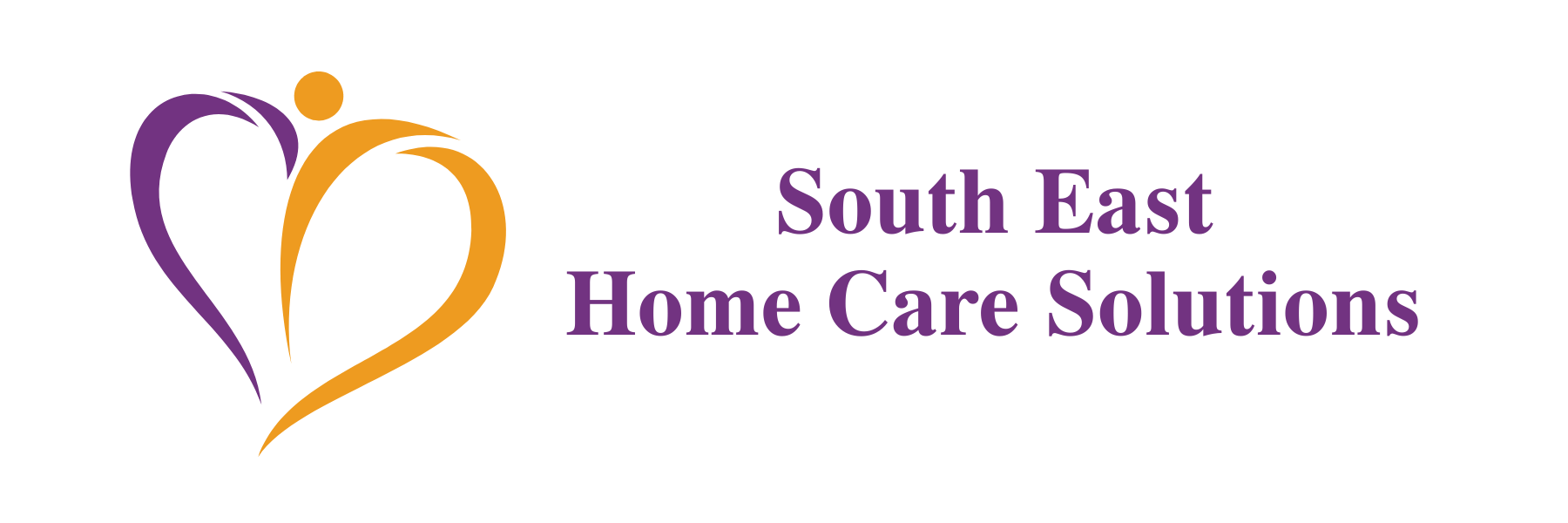Life Skills Development
Life Skills Development

Life skills development for individuals with disabilities is essential for fostering independence, promoting social inclusion, and enhancing overall quality of life. Here are some key areas where life skills development can make a significant impact:
Daily Living Skills: Teaching individuals with disabilities basic daily living skills such as personal hygiene, grooming, dressing, and meal preparation enables them to take care of themselves independently or with minimal assistance.
Communication Skills: Communication skills training focuses on helping individuals express themselves effectively, understand others, and advocate for their needs. This may include verbal communication, nonverbal communication, and the use of alternative communication methods for those with speech impairments.
Social Skills: Social skills development involves teaching individuals how to interact with others, make friends, initiate and maintain conversations, and participate in social activities. Building social skills is crucial for fostering meaningful relationships and community integration.
Self-Advocacy: Empowering individuals with disabilities to advocate for themselves and make informed decisions about their lives is a key aspect of life skills development. This includes teaching self-advocacy strategies, assertiveness, problem-solving skills, and decision-making abilities.
Time Management and Organization: Learning time management and organizational skills helps individuals with disabilities effectively plan their daily activities, prioritize tasks, and manage their time efficiently. This is particularly important for individuals with executive functioning difficulties or attention deficits.
Financial Management: Financial literacy and money management skills are important for individuals with disabilities to learn how to budget, save, and make financial decisions independently. This may include understanding banking, budgeting, shopping, and paying bills.
Transportation Skills: Teaching individuals how to navigate public transportation systems or safely travel in the community using various modes of transportation (e.g., walking, biking, using mobility aids) enhances their independence and mobility.
Health and Safety Skills: Educating individuals about health and safety practices, such as personal safety, emergency procedures, healthy lifestyle choices, medication management, and recognizing signs of illness or injury, promotes their overall well-being and reduces risks.
Job Skills and Vocational Training: Providing vocational training and job skills development opportunities prepares individuals with disabilities for employment or meaningful engagement in volunteer work or other productive activities. This may include job readiness training, resume writing, interview skills, and workplace etiquette.
By focusing on these areas of life skills development, individuals with disabilities can gain the confidence, competence, and independence they need to lead fulfilling lives and actively participate in their communities.
